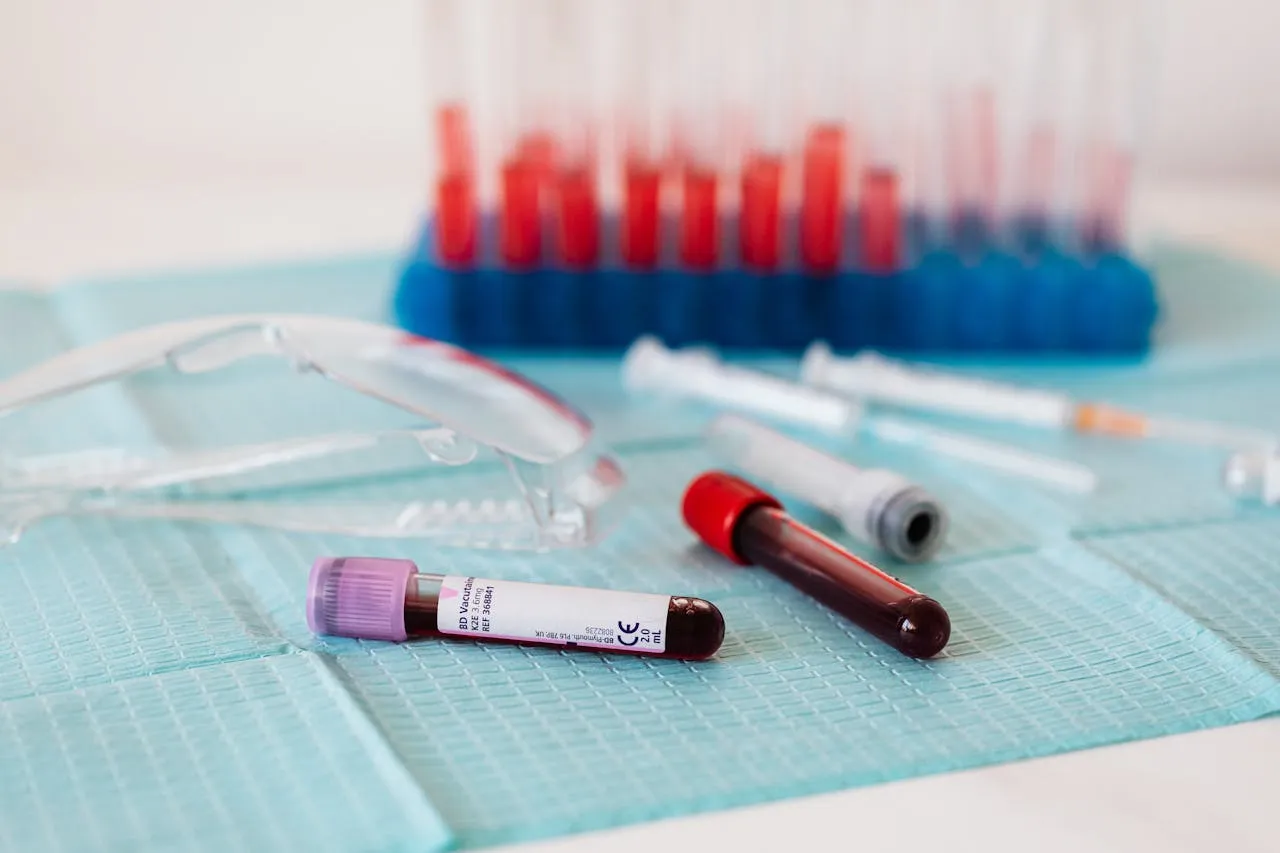
Regeneron Pharmaceuticals, Inc. (NASDAQ: REGN) announced updated Phase 3 data from the ACCESS-1 trial, showing that its investigational combination of pozelimab and cemdisiran (poze-cemdi) outperforms the standard-of-care C5 inhibitor, ravulizumab, in patients with paroxysmal nocturnal hemoglobinuria (PNH). The results, presented at the 2024 American Society of Hematology (ASH) Annual Meeting, highlight the potential of poze-cemdi for controlling intravascular hemolysis, a hallmark of PNH, and support its continued development in PNH and other complement-mediated diseases.
PNH is a rare, life-threatening blood disorder where red blood cells are destroyed by the complement system, leading to hemolysis and severe complications such as fatigue, shortness of breath, and blood clots. The condition is managed by inhibiting C5, a protein critical in activating the complement system. The combination of pozelimab (a monoclonal antibody targeting C5) and cemdisiran (an siRNA therapeutic that reduces C5 levels) provides a novel approach to controlling hemolysis.
In the ACCESS-1 exploratory cohort (Cohort A), patients naive to complement inhibition were randomized to receive either poze-cemdi or ravulizumab, with the primary endpoint being the percentage change in lactate dehydrogenase (LDH) levels at 26 weeks. LDH serves as a key biomarker for intravascular hemolysis. Results showed that 96% of poze-cemdi-treated patients achieved adequate LDH control (≤1.5 x ULN), compared to 80% in the ravulizumab group. Additionally, 93% of poze-cemdi patients achieved LDH normalization (≤1 x ULN), versus 65% with ravulizumab. Poze-cemdi also demonstrated complete and uninterrupted inhibition of terminal complement, in contrast to ravulizumab, which showed a loss of inhibition towards the end of the dosing interval.
After 26 weeks, patients in the ravulizumab arm who switched to poze-cemdi in the open-label extension (OLE) trial showed significant improvement, with 95% achieving LDH control. The safety profile of poze-cemdi was consistent with approved C5 inhibitors, with treatment-emergent adverse events (TEAEs) occurring in 84% of poze-cemdi-treated patients, compared to 87% in the ravulizumab group. The most common TEAEs included headache, upper respiratory tract infection, nausea, and anemia. Serious adverse events (SAEs) were rare and not related to the treatment.
These findings further validate the potential of pozelimab and cemdisiran as an effective treatment option for PNH, offering enhanced control of hemolysis with the convenience of subcutaneous administration. The investigational combination has not yet been approved by any regulatory authority.





